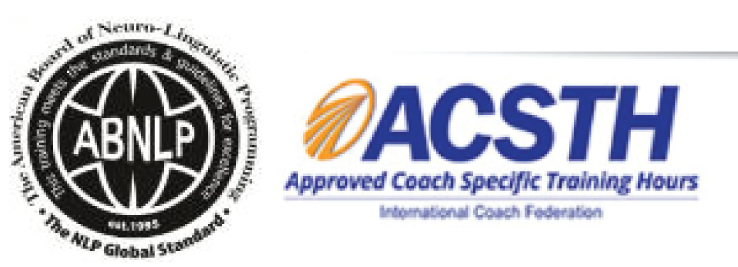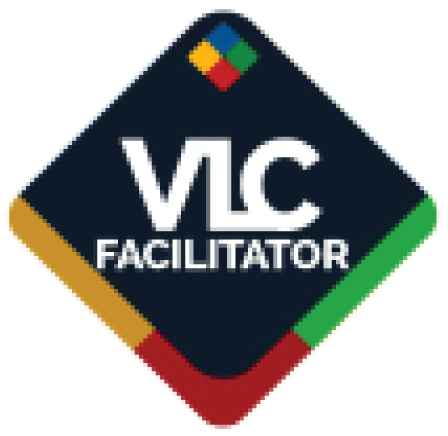Implementing Training Needs Analysis
08-09 Dec, 2021, Virtual Classroom Training
IPA Training is Registered with

Learn from the Best
 SHAFINAH CHE ARIFF
SHAFINAH CHE ARIFF
TALENT DEVELOPER I CONSULTANT I COACH I VIRTUAL FACILITATOR
SHAFINAH is an enthusiastic educator and learner specializing in Talent Management and Development. She coached individuals and business leaders in discovering their path to personal and professional success. She holds a Master’s in Business Admin. from The University of Melbourne
She has more than 20 years of experience in learning and development. She has developed and facilitated leadership and business skills courses through Virtual Platforms and classroom setup (face-to-face) to support the organization’s learning and development interventions.
With Shafinah’s expertise in refining and strengthening their HR and Learning & Development practices, clients built a more robust workforce to support the business growth.
PROFESSIONAL CERTIFICATION
- Certified Master Coach NLP
- Certified Master Practitioner NLP
- Certified Master Practitioner Language and Behavior
- Certified SHL Profiler
- Certified Coaching and Mentoring Professional
- Certified DISC & Everything DiSC Trainer
- Certified Situational Leadership Trainer
- Certified Leading Positive Performance (Orange Frog) Trainer
- Certified Change Essential Trainer
- Certified Virtual LearnCaster (Practitioner and Facilitator)
- Certified Master Practitioner of The Take Charge! Learning Facilitator System
- Certified MOGL-Evivve Trainer


PAST AND PRESENT CLIENTS
- Automotive
- Oil, Gas & Petrochemical
- Manufacturing
- Sanitation
- Education (Academy, Private Institution)
- Transportation
- GLCs
- Property Developer and Construction
- SME and Microbusinesses
FACILITATED PROGRAMS IN THE FOLLOWING COUNTRIES

Venue Details
Virtual Classroom Training
Contact us
Juliany,
03 2283 6109
juliany@ipa.com.my
Phoebe,
03 2283 6100
phoebe@ipa.com.my
FOR CUSTOMISED IN-HOUSE TRAINING
Jane,
03 2283 6101
Jane@ipa.com.my
ADDRESS
A-28-5, 28th Floor, Menara UOA Bangsar,
No.5, Jalan Bangsar Utama 1,
59000 Kuala Lumpur
www.ipa.com.my
FOCUSING ON |
|
INTRODUCTIONTraining Needs Analysis (TNA) is the process of identifying the gap between employee training and needs of training. Training Needs Analysis is the first stage in the training process and involves a procedure to determine whether training will indeed address the problem which has been identified. Training can be described as “the acquisition of skills, concepts or attitudes that result in improved performance within the job environment”. Training Needs Analysis looks at each aspect of an operational domain so that the initial skills, concepts and attitudes of the human elements of a system can be effectively identified and appropriate training can be specified. |
AFTER ATTENDING THIS COURSE YOU WILL RETURN TO YOUR JOB… |
|
WHO SHOULD ATTEND |
|
METHODOLOGY |
|
| DAY 1 | |||||||||||||||
|
| DAY 2 | |||||||||||||||
|
